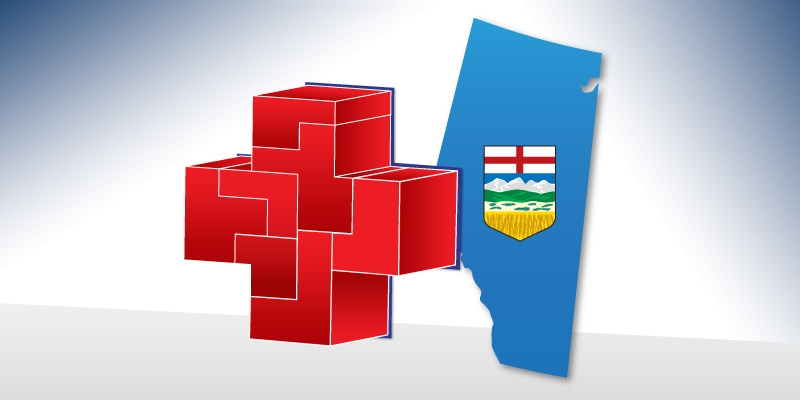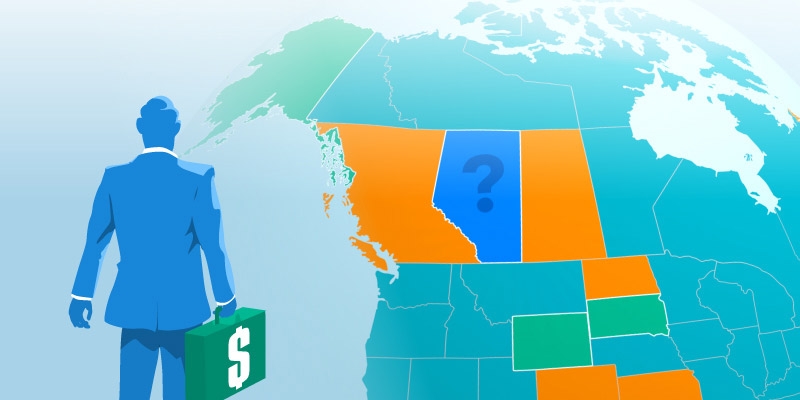Taylor Jackson
– Independent Researcher
Taylor Jackson is an Independent Researcher and a former Senior Policy Analyst with the Fraser Institute. He holds a B.A. and M.A. in Political Science from Simon Fraser University. Mr. Jackson is the coauthor of a number of Fraser Institute studies, including Safety in the Transportation of Oil and Gas: Pipelines or Rail?, and the Fraser Institute's annual Global Petroleum Survey, and Survey of Mining Companies. He is also the coauthor of a book chapter on the past, present, and future of Canadian-American relations with Professor Alexander Moens. Mr Jackson's work has been covered in the media all around the world and his commentaries have appeared in the National Post, Financial Post, and Washington Times, as well as other newspapers across Canada.




